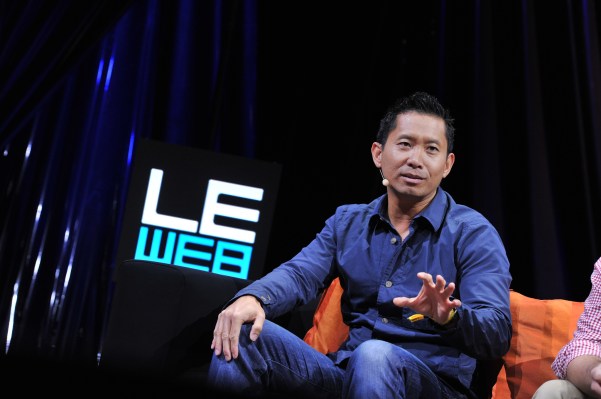‘The battle between entrepreneurs and VCs is unfair’, according to Peter Pham, the co-founder of Science Inc. His reasoning: VCs have experienced thousands upon thousands of pitching processes. Entrepreneurs, on the other hand, have experienced 1,2, maybe 3 at most. Leading to a power imbalance in the funding environment. So how can we ‘even the playing field’, as Peter describes.
It Is Never Too Early
Before you are ready to raise institutional money, go and discuss the opportunity with a targeted group of VCs. Talk to them about the progress of the business, why you are doing this business, always try and show product and offer demos.
Essentially get out of the fundraising blocks early and start talking. As Pham stated, ‘I am the frontline for VC funding for our startups’. It is likely that if you wait until you are ready for funding, it will be too late. Attaining VC funding is a relationships game and you have to build a strong relationship with good rapport before going in with the proposition. The line, ‘ask for advice, receive money’ is often the best solution.
He Is Just Not That Into You
How can founders identify whether a VC really is interested in investing? Well, Pham argues for the 24 Hour Rule, the idea that if there is any form of contact within the following 24 hours, the founder can accept this as a sign of interest. This can be anything from an email to a FB request, even favoriting a tweet shows thought on behalf of the VC.
Ultimately, if a VC is truly interested in you ‘they will be clearing their calendar for you the rest of the week’. However, if that does not happen, stay on their radar. VCs see hundreds of pitches and however much they liked you in the meeting, they might not proactively engage for a significant time. To keep them engaged, send short update emails, displaying the achievements you have made since the last meeting. This will allow you to stay at the top of the mind and when they are ready to talk again, you will be the first that comes to mind.
It’s All In The Mind
VCs are humans like anyone else. VCs have relations like anyone else and there is no relationship more interested than a VC partnership. An ever changing situation where the balance of powers shift with every IPO and down round. However, as an entrepreneur this can be used to your advantage.
Firstly, identify which partner has which deals in the partnership. Closely observe for movements and achievements in the trajectory of their company. If the partner enjoys a large win in your vertical, he is likely to be looking to invest again, having enjoyed recent success and believing in his ability to replicate this. This is the perfect time to enter discussions with the opening line, ‘having witnessed your success with X, I think this would be a great fit for you’.
Not only do big wins alter the internal psychology of the individual VC’s preference towards a space, they also shift the power dynamics of the partnership. If a partner has a large win, he is likely to have more sway and more power in the investment decision making process than a GP who has just experienced a down round for one of his investments. As Pham stated, ‘remember Partners have to sell the deal to the partnership’. This is much easier if you have recently returned a strong cash on cash ratio to the firm.
Ultimately, you have to figure out the psychology of the VC in that moment. Startups have 2 things, time and money. It is imperative that you do not waste either on a fundraising process that is not materializing.
